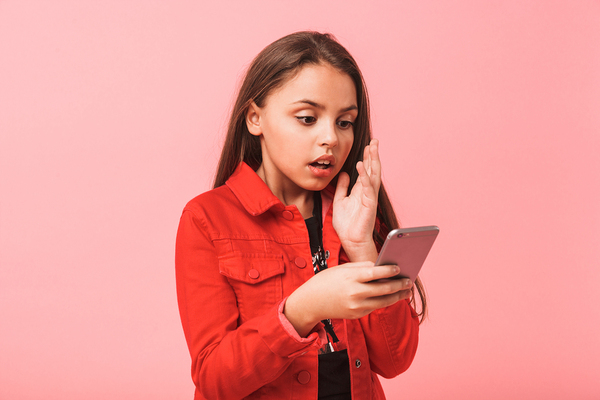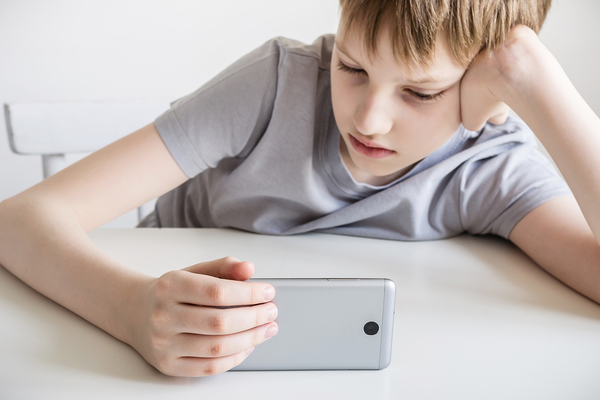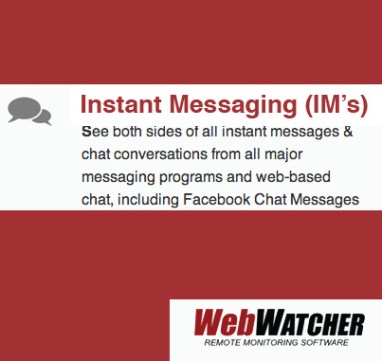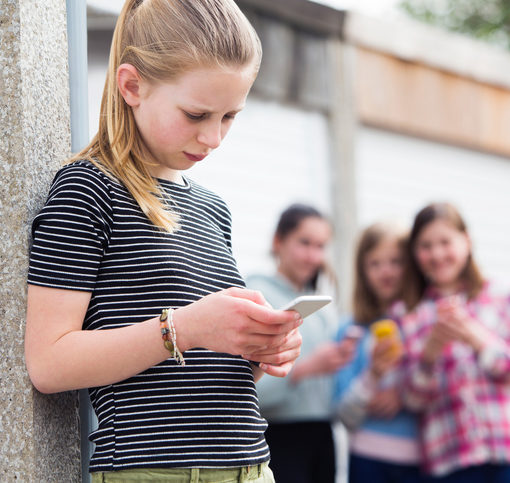Your child wants a smartphone, or maybe you want them to have one so that you can reach them when they’re out of the house and they can call you in an emergency. But once you give your child a smartphone, how much can you monitor and control what gets downloaded onto it and sent to it and what your child does with it?
After all, a smartphone allows your child to do a whole lot more than make and receive calls – it puts the entire internet literally in the palm of their hands. And giving your child that much access really does mean that you need to keep an eye on what they’re doing. Take a look at what you as a parent need to know about child phone monitoring.
Why You Need to Monitor Your Child’s Smartphone
There is a reason why many parents hesitate to give their child a smartphone. You want to know who they’re talking to and when they’re talking to them. You may not want your child awake and texting at midnight, or communicating with friends or romantic interests that you don’t approve of.
Unfortunately, you can’t keep tabs on these things when your child has a smartphone quite as easily as you can when they’re restricted to using a house phone or borrowing your smartphone.
And it’s not just your own child’s behavior that you have to worry about. Teens can be targeted by online predators who want to get close to vulnerable children, or by cyberbullies who have targeted your child for whatever reason. Monitoring helps to keep your child safe from these kinds of dangers.
You also need to know what kind of content your child is viewing and downloading. Are they sending or receiving sexts? Are they downloading apps that let anonymous users contact them? Are they viewing age-inappropriate material that you wouldn’t want them to see?
With the right child phone monitoring tools, you can block unwanted callers, prevent your child from downloading certain apps, and block a lot of inappropriate content. It also helps to know where your child is going online, what apps they’re using, and who they’re contacting. Child phone monitoring can help with all of that.
When to Monitor Your Child’s Phone
“But shouldn’t my child have some privacy on their phone?” you may be asking yourself. And the answer is yes – but not unlimited privacy. Children and teens need space to be themselves without their parents watching their every move, but they also need to be protected from predators and also from their own worst instincts. And that means that some monitoring is necessary. You buy the phone and pay for the service, so you have the right to decide how private your child’s smartphone will be.
Just because you’re using monitoring software doesn’t mean that you have to monitor everything all of the time. You can scan through your child’s activity looking for items that are concerning without delving too deeply into things that look like ordinary teen stuff.
You can set up alerts for questionable types of content or downloads and only respond to those. If your monitoring includes GPS tracking, it doesn’t mean that you need to watch your teen’s every move – you can check on it only when you’re concerned or do random spot checks to be sure that your teen is where they’re supposed to be.
The older your child gets, the less monitoring they should need and the more you should trust them to make their own decisions. A 17-year-old high school senior will be on their way to college or at least a legal adult in a year – they shouldn’t need as much monitoring as a 12-year old.
It’s worth leaving some monitoring structures in place – GPS tracking, for example, can be useful in an emergency situation even if you’re not using it to check up on your teen’s whereabouts – but you can scale back on how much you’re actually watching your teen’s phone usage as they age.
How to Monitor Your Child’s Phone

There’s more than one way to keep an eye on your child’s phone. One simple method is to simply pick the phone up and look at it. You can require your child to give you any passwords they use to unlock the phone. This is a conversation that you should have with your teen before you give them a phone – that one of the rules they have to follow to get the phone in the first place is that they have to allow you access to it.
However, another, potentially more useful method of monitoring your child’s phone is installing parental monitoring software. Parental monitoring software comes with features like alerts, GPS tracking, and parental control tools and allows you to check on your child’s phone activity remotely, from your own computer or other devices.
As with physical monitoring, parental monitoring software is something you should discuss with your child before installing it. Installing it secretly will seem like spying to your child, and can damage the trust in your relationship. Let them know that you will be installing parental monitoring software because you want to keep them safe, and talk about what you’ll be using it for.
Encourage your child to come to you with questions or concerns about material on their phones so that you don’t necessarily have to find out from parental monitoring software. If used correctly, child phone monitoring can be a safety tool and a way to foster open communication between you and your child, instead of a sneaky way to spy on your child.
There are many types of child phone monitoring software out there. Ideally, you should be able to use the software on both iPhone and Android devices, install it without any need to root the phone, view activity remotely, and see things like SMS and MMS texts, apps, screenshots, website history, and call log history. Webwatcher offers all the features that parents are looking for in child phone monitoring software. If you’d like to find out how it works, we invite you to get our risk-free trial.





